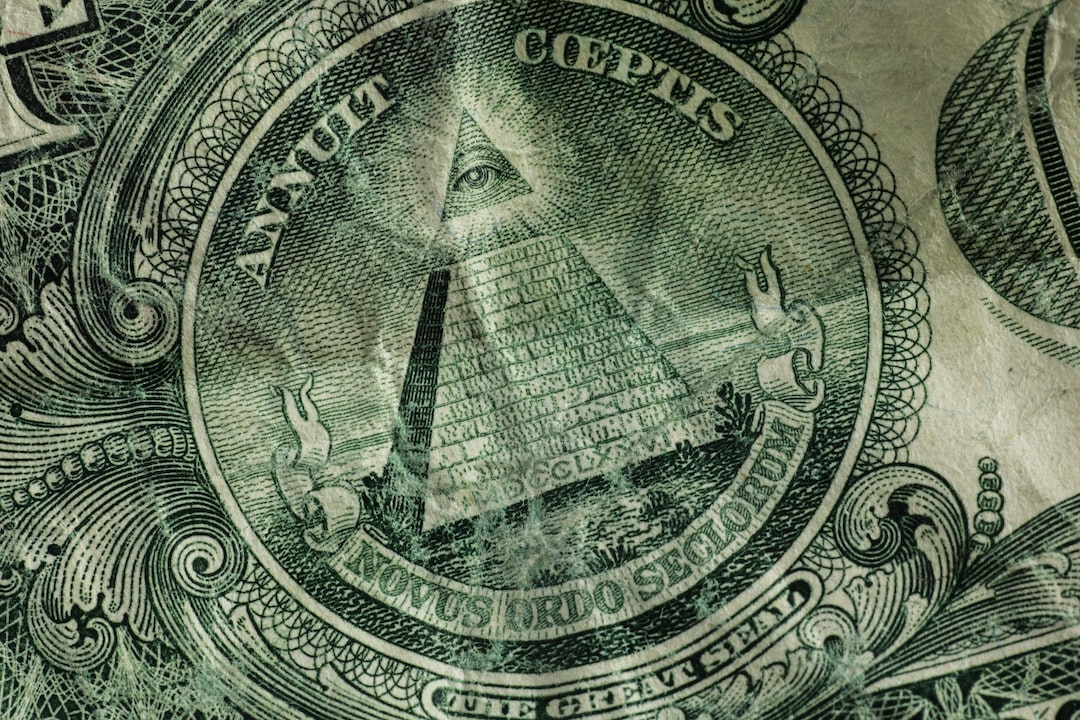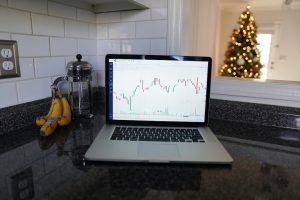The foreign exchange market, commonly known as the forex market, is the largest financial market in the world. It is a decentralized market where currencies are traded 24/7 across the globe. The forex market is highly volatile and is influenced by various factors, including economic and political events, monetary policies, and market sentiment. But who moves forex markets? In this article, we will explore the different players in the forex market and their roles.
Central Banks
Central banks are the most influential players in the forex market. They are responsible for implementing monetary policies, which affect the value of a country’s currency. Central banks use a variety of tools to influence the forex market, including interest rates, open market operations, and currency interventions. When a central bank decides to raise interest rates, it can attract more foreign investment, which can lead to an increase in the value of the country’s currency. On the other hand, when a central bank lowers interest rates, it can reduce the value of the country’s currency. Currency interventions are also used by central banks to stabilize their currencies. For example, if a currency is appreciating too quickly, a central bank may intervene by selling its currency in the forex market to reduce its value.
Commercial Banks
Commercial banks are another significant player in the forex market. They facilitate currency transactions for their clients, including corporations, governments, and individuals. Commercial banks make money by buying and selling currencies at different rates, known as the bid-ask spread. They also provide liquidity to the forex market by buying and selling currencies throughout the trading day.
Hedge Funds
Hedge funds are investment funds that use various strategies to generate returns for their investors. They are major players in the forex market, as their strategies can involve buying and selling large amounts of currencies. Hedge funds can use leverage, which allows them to control large positions in the market with a small amount of capital. This can result in significant profits or losses, depending on the direction of the market.
Corporations
Multinational corporations are also significant players in the forex market. They engage in currency transactions to hedge their exposure to foreign exchange risk. For example, a company that exports goods to another country may use forex transactions to protect itself from changes in currency exchange rates. Corporations can also engage in speculative trading in the forex market to generate profits.
Retail Traders
Retail traders are individual traders who trade currencies for their own accounts. They use online trading platforms to access the forex market and can trade 24/7. Retail traders are a small percentage of the forex market, but their trades can still have an impact on currency prices, particularly if they are trading with significant leverage.
Market Sentiment
Market sentiment refers to the overall mood or feeling of investors about the economy or a particular currency. Positive sentiment can lead to an increase in demand for a currency, while negative sentiment can lead to a decrease in demand. Market sentiment can be influenced by a variety of factors, including economic data releases, political events, and global news.
In conclusion, the forex market is a complex ecosystem with many players who influence currency prices. Central banks, commercial banks, hedge funds, corporations, and retail traders all play a significant role in the market. Economic and political events, monetary policies, and market sentiment can also impact currency prices. Understanding the different players in the forex market and their roles is essential for anyone looking to trade currencies.





